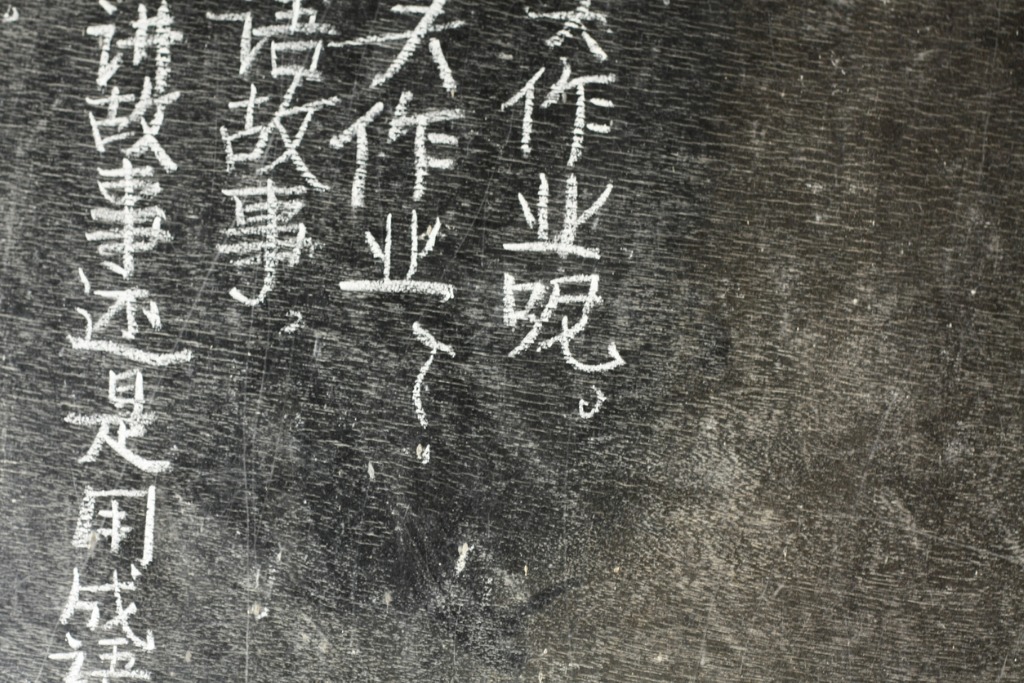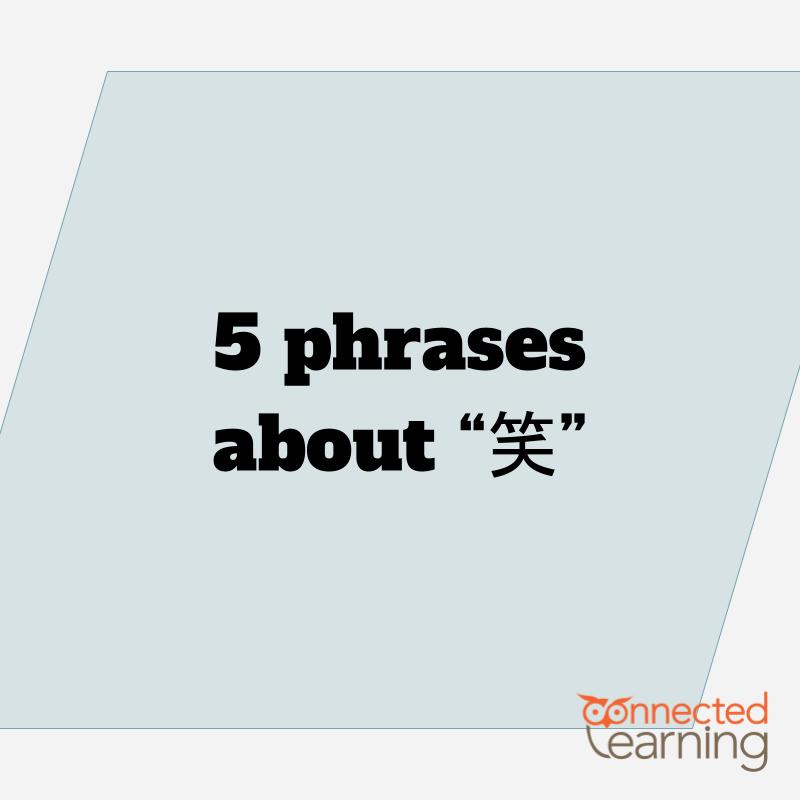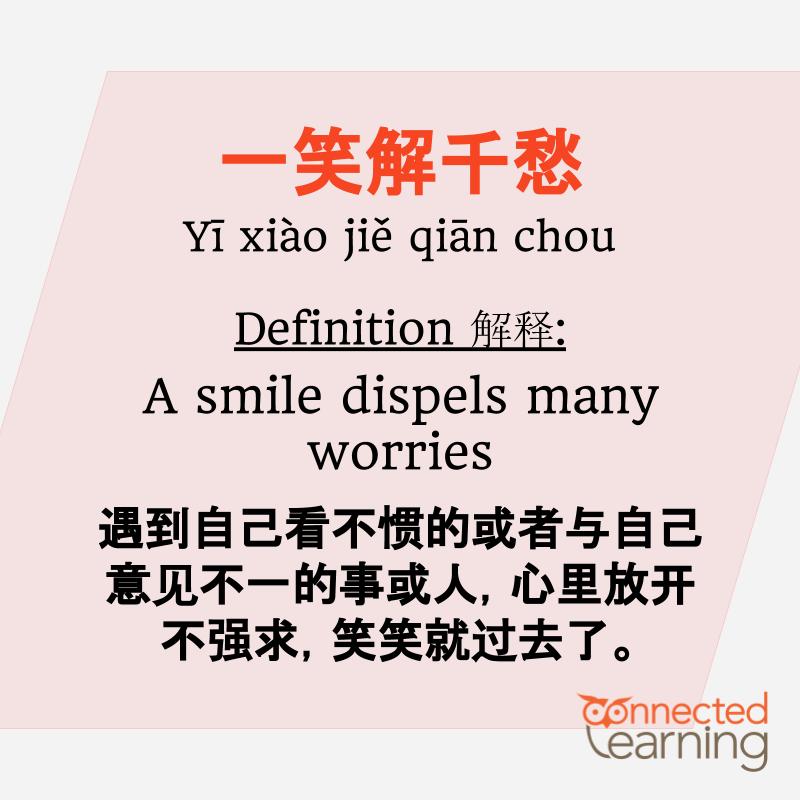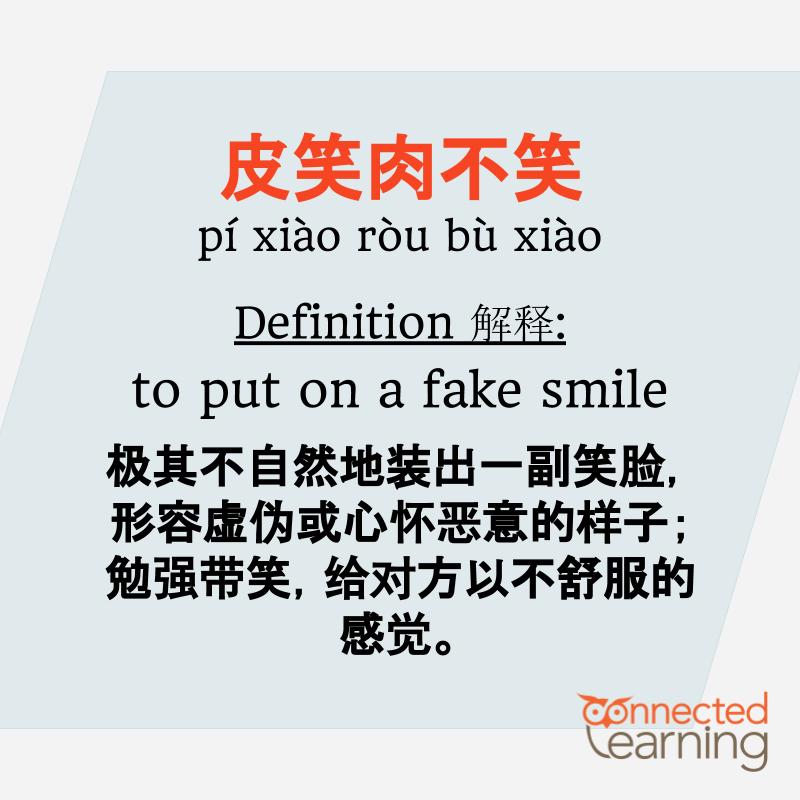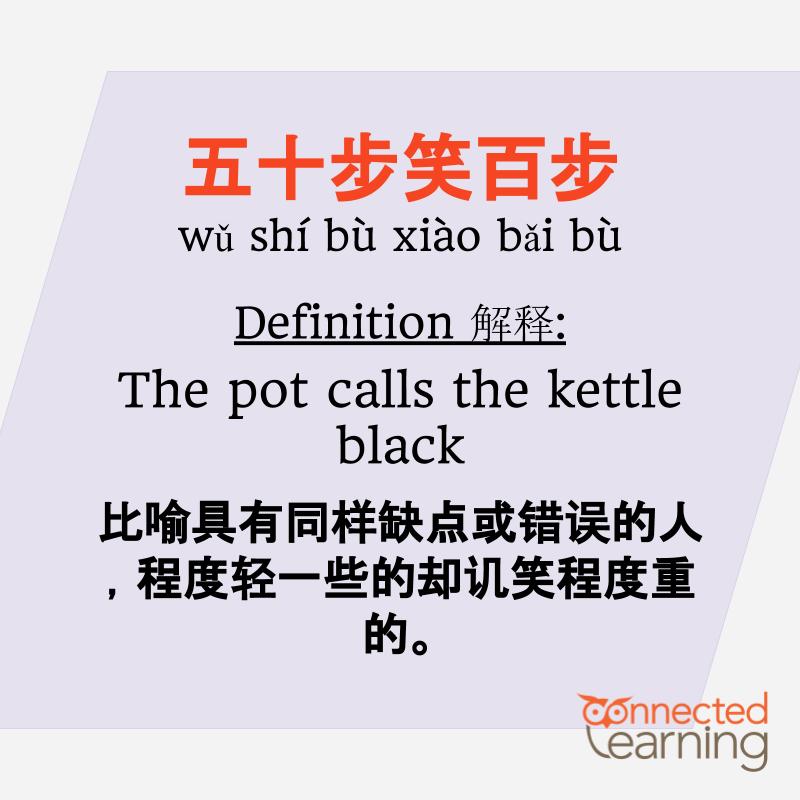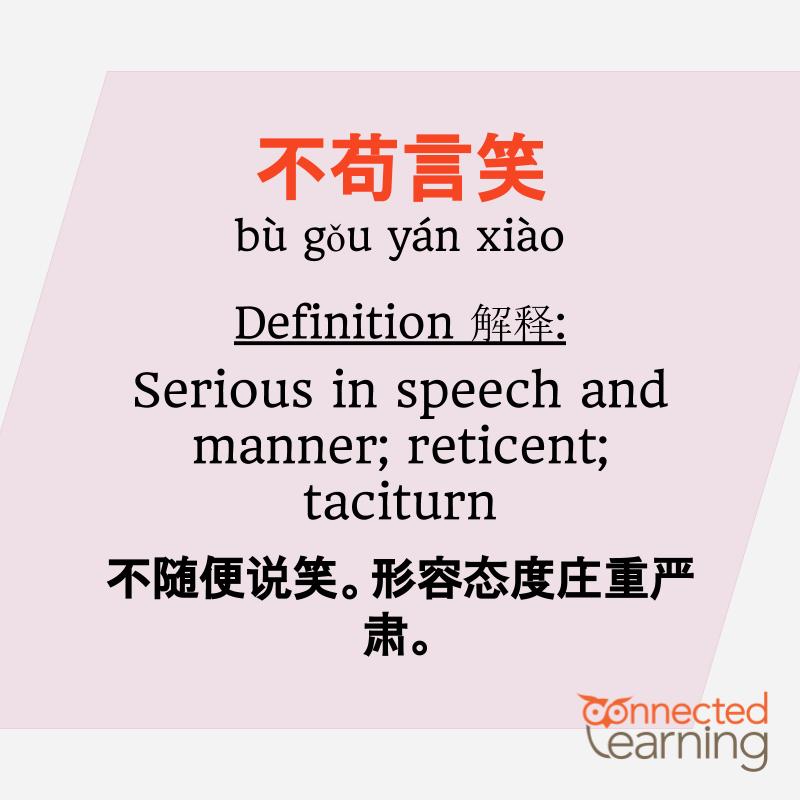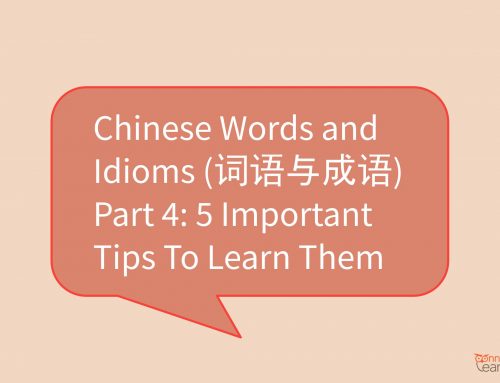The beauty of Chinese phrases and idioms lies in their simplicity and the strong ability to spice up a composition article instantly. For the English language, idioms can give power to your writing.
And the same goes for Chinese writing. When the right phrases or idioms are used at the right time, they add a beautiful flow to the writing, instil mental images for the readers and set a distinctive voice to the completed composition.
We’re not just referring to the four-character idioms (成语 chéngyǔ) and phrases (熟语 shúyǔ), we also mean proverbs (谚语 yànyǔ), colloquial language (俗语 súyǔ), and some others.
But whichever it is, avoid clichés at all means! Remember how Rice Media wrote once about how 风和日丽 became the default composition intro in Singapore’s composition writing? Idioms or phrases that are way overused may make readers (in this case, teachers) cringe.
That’s right, too many cooks spoil the broth. Rather than adding vim and vigour to the composition, going overboard with the phrases and idioms may make the composition appear amateurish. Not to mention how much they’ll distract the readers away from the focus of the composition.
Moreover, the more these idioms are used, the more mistakes there may be. Unless your child is highly confident that he or she knows the correct meaning, otherwise we advise against adding too many into the writing process.
But aren’t we thankful for the myriads of phrases and idioms of the Chinese language! With thousands of them out there, some of them are homographic, some of them illustrate a charming story, and most of them we rarely used. To avoid losing marks overusing the wrong ones, we’ve sourced out…
10 most flexible Chinese phrases & idioms students can use in composition writing
1. 司空见惯 sī kōng jiàn guàn
Short story: A 司空-titled officer in Tang Dynasty saw “sing-song girls” during a feast as a common sight.
English definition: A common sight
Great examples:
- 这种行为在年轻人中司空见惯。
- 在某些地方,骚扰少数民族的现象依旧司空见惯。
- 非法买卖受保护的动物在那里是司空见惯的事。
Synonyms often used: 不足为奇、习以为常、层出不穷、屡见不鲜
2. 一鸣惊人 yī míng jīng rén
Short story: During the Three Kingdoms period, the King of Wei (魏) was smart but lazy, eventually leading the state into despair. Upon seeing the situation the state was under, an eloquent officer wanted to subtly remind the king that it was time to do his job. He wittingly mentioned a riddle about a huge bird, which was, in fact, a sly insinuation towards the king’s idleness. The king was smart and understood what he meant, replying with “它不鸣则已,一鸣 就会惊动众人。”
English definition: Amaze the world with a single brilliant feat
Great examples:
- 俗话说得好:你一鸣惊人的机会来了!
- 他的谈话会使人觉得他的绘画将一鸣惊人。
- 看来他是个非常活跃的青年,对自己的能力十分自信,且急于一鸣惊人。
Synonyms often used: 一举成名、一步登天、一飞冲天
3. 不绝如缕 bù jué rú lǚ
Short story: A poet of the Song Dynasty, Su Shi (苏轼), also known as Su Dongpo (苏东坡) was sailing on the river at the bottom of the Red Cliffs with his friends. While they were happily enjoying the view, Su Shi made up an impromptu song to reminisce his love who was far away. From a distance, flute music came into harmony with the song, to which the poet recited: “其声呜呜然,如怨如慕,如泣如诉;余音袅袅,不绝如缕。”
English definition: Uncertain, dependent on chance; almost extinct; linger on faintly (of sound)
Great examples:
- 许多古老的民间艺术,代代有传人,不绝如缕。
- 公共安全事故仍然不绝如缕,甚至在一些地方、一些行业,有越来越普遍的现象。
- 他最后的遗言依然在我的耳边不绝如缕。
Synonyms often used: 危如累卵、岌岌可危
4. 犬牙交错 quǎn yá jiāo cuò
Short story: To stop rebellion activities during the Han Dynasty, Emperor Gaozu of Han aka Liu Bang (汉高祖刘邦) forfeited lands owned by Marquis of the different states as an attempt to remove their authority. He also wanted to move on forward into a few other movements to establish a strong central government. The Marquis were naturally against the idea and tried to beg mercy by reminding Emperor Gaozu that these lands were assigned to them in a criss-cross pattern like a hound’s teeth by the Emperor’s late father for a reason: to protect the capital lest of a war.
English definition: Arranged in a criss-cross pattern
Great examples:
- 这一段河岸犬牙交错。
- 这次排球决赛,出现了犬牙交错的局面。
- 晨雾中,远处的山峰林立,犬牙交错,让人觉得很美。
Synonyms often used: 长短不一、参差不齐
5. 望洋兴叹 wàng yáng xīng tàn
Short story: Derived from Zhuangzi: The Floods of Autumn (《庄子秋水》), it’s a conversation between the earl of the river and Ruo of the Northern Sea. Earl of the river looked at the river that he resides in and exclaimed that it’s the most majestic river in the world and no other can come close to it. Ruo of the Northern Sea told him that the Northern Sea is way bigger, to the earl’s disbelief. One day he decides to visit the Northern sea and realized his mistake, exclaiming “于是焉,河伯始旋其面目,望洋而叹。”
English definition: Lament one’s littleness before the vast ocean – to feel powerless and frustrated
Great examples:
- 文献学的范围很广博,有些人不免望洋兴叹,这是很自然的事。
- 他成绩很好,但家里没钱,别人上大学时他只能望洋兴叹。
- 本想去听音乐会的,可票价却让我望洋兴叹。
Synonyms often used: 无能为力、无可奈何 、望尘莫及
6. 万人空巷 wàn rén kōng xiàng
Short story: Poet Su Shi (苏轼) was invited to be the invigilator of an exam in a village. Results were scheduled to be released on Mid-Autumn Festival, but due to the overwhelming amount of papers to be reviewed, results were released two days after the festival. Although done in a rush, it was just in time for the villages to view the rising tide, which was a big event, with Su Shi commenting: “赖有明朝看潮在,万人空巷斗新妆。”
English definition: Everybody leaves their apartment and gathers at one place (usually for a big event)
Great examples:
- 电视里传来足球队夺冠的消息,一时万人空巷,人人出来庆贺。
- 喜讯传来,首都北京城万人空巷,人们兴高采烈走上街头,在广场举行庆祝游行。
- 这雄壮的队伍在大街上走过,路两旁挤满了欢迎的人们,几乎万人空巷。
Synonyms often used: 普天同庆
7. 明日黄花 míng rì huáng huā
Short story: During ancient times in China, the Double Ninth Festival as a day where poets gather to appreciate the blooming of chrysanthemum flowers and reciting poems to sing praises of the beautiful field of flowers. At that moment, Su Shi (苏轼) recited “相逢不用忙归去,明日黄花蝶也愁,” emphasizing that people should enjoy the time right then, or they’ll miss the beauty of them.
English definition: Something from the past
Great examples:
- 旧地重游,往事已成明日黄花,令人感伤。
- 你这篇文章必须马上发表,否则将成为明日黄花,无人欣赏了。
- 出行带现金都已经成为明日黄花了,现在人们都只需要带信用卡出门。
Synonyms often used: 今是昨非
8. 比上不足,比下有余 bǐ shàng bù zú, bǐ xià yǒu yú
Short story: Initially intended to compare Chinese calligraphy, specifically for 草书, two Han scholars commented “上比崔杜不足,下方罗赵有余。” while comparing the work of two calligraphists.
English definition: To fall short of the best but be better than the worst
Great examples:
- 她一边和身边小护士收渔具一边说:“我今天起码也是个比上不足比下有余呢!
- 收入水平比上不足比下有余,在各个领域都有我们的熟人,如果不是太大的事儿,基本上很多事都可以摆平。
- 我爱我现在所拥有的一切,平平凡凡,比上不足比下有余!
Synonyms often used: 不求有功,但求无过、不上不下
9. 彼一时,此一时 cǐ yī shí, bǐ yī shí
Short story: During the Three Kingdoms period, the King of Yan (燕) passed his throne to the prime minister, which ensued civil war, and bestowed Qi (齐) the opportunity to attack the state of Yan. One of the era’s greatest philosopher, Mengzi aka Mencius (孟子) also suggested using army force on the state of Yan to put a stop to the war. But the King of Qi started this war because he was eyeing the wealth of Yan rather than making this war to end all the others. Hence, Mengzi grieved “彼一时,此一时也。”
English definition: Times have changed
Great examples:
- 但此一时彼一时,根据苹果的时间表,现在正是推出新一代iPhone的绝好时机。
- 此一时,彼一时,现在家庭妇男越来越多了。
- 人的自我感觉是此一时彼一时的,心态也重要!
Synonyms often used: 今时不同往日
10. 化腐朽为神奇 huà fǔ xiǔ wéi shén qí
Short story: Initiated by philosopher Zhuangzi (庄子), who believes that there are always gain to a loss, and the world always has a way to balance everything, including making the ugly into beautiful.
English definition: Make use of discarded things
Great examples:
- 这些根雕充分显示出作者化腐朽为神奇的技艺。
- 毅力可以化腐朽为神奇。
- 网络深蕴化腐朽为神奇的能量,重新定义了“只有想不到,没有做不到”。
Synonyms often used: 点睛之笔、锦上添花
11. 吃一堑,长一智 chī yī qiàn, zháng yī zhì
Short story: A mason craftsman in the Ming Dynasty was grinding stone, and realized that when every time the gemstone gets soldered, it grows ‘a tooth’. “齿” is replaced by “智” as the meaning of the phrase slowly shifts throughout the era.
English definition: One only learns from one’s mistakes; no pain, no gain
Great examples:
- 成人尚“吃一堑,长一智”,孩子更是在过失和错误中不断学习增长见识的。
- 容易相信别人,是你人比较善良的反映,没关系的。所谓吃一堑长一智,多吸取教训,常提醒自己要当心就可以了。
- 当务之急是认真总结经验教训,吃一堑长一智,安排好明年的生产。
Synonyms often used: 失败乃成功之母
Additional phrases students should learn
So there you have it — the ten versatile phrases and idioms your child can include in his or her Chinese composition. Once your kid gets more well-acquainted with these Chinese idioms and phrases, it’ll be a breeze to incorporate them into their writing!
We know it’s not easy to source out Chinese compo phrases and idioms. If you need some professional help in improving your kid’s Chinese vocabulary skills, click below to find out what our lessons can do for you.


